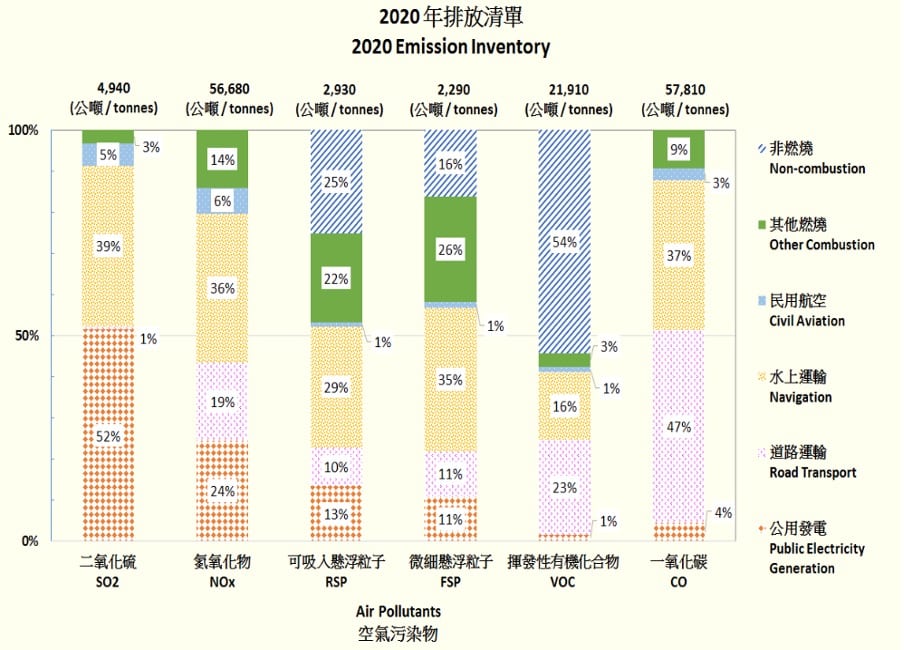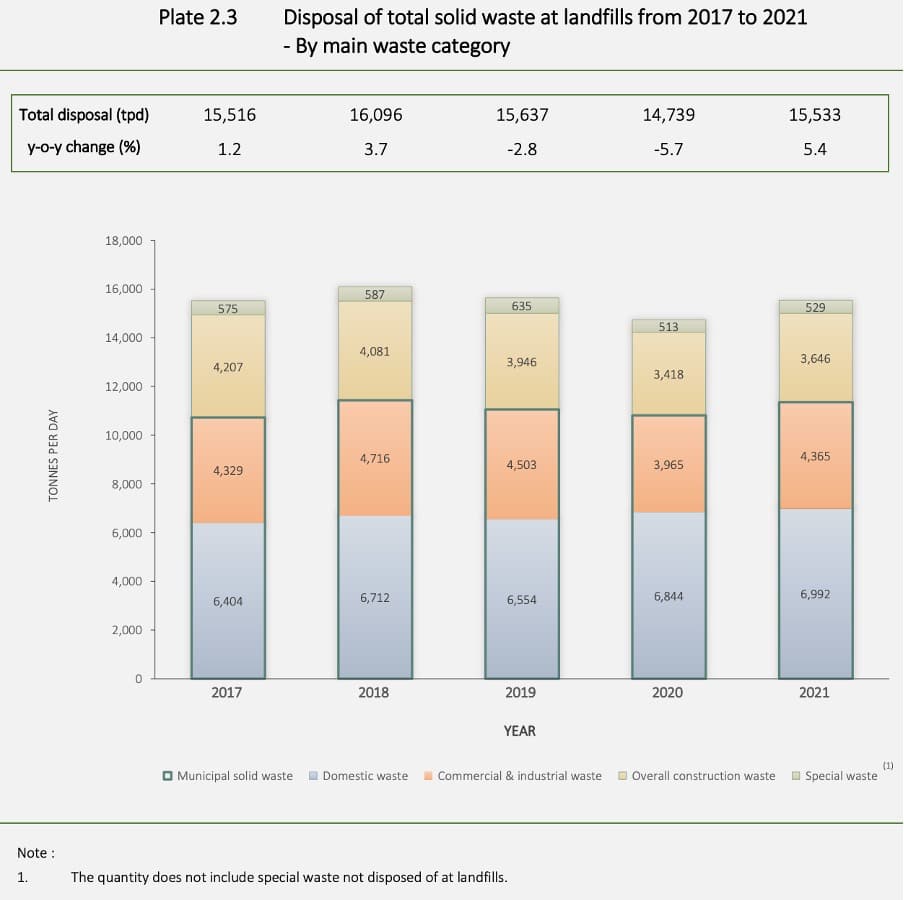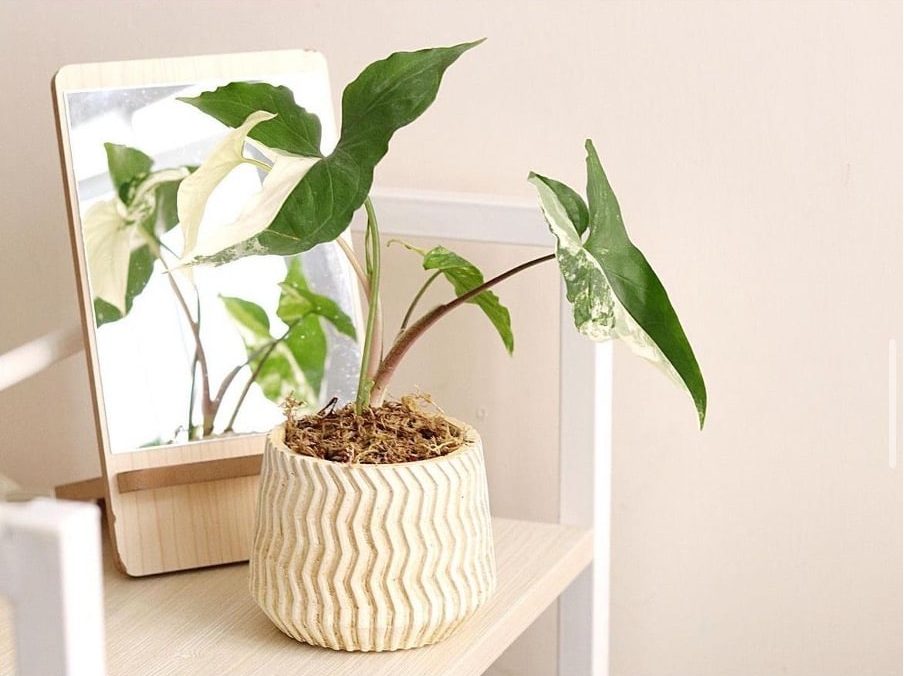In the heart of Hong Kong’s vibrant cityscape, where towering skyscrapers and bustling shopping streets define the daily rhythm of life, materialism and consumerism trends have become a norm. Our consumption choices have come at a huge cost to the environment and human society, contributing to climate change and other related environmental issues such as landfill waste and unprecedented levels of greenhouse gas emission. According to Greenpeace, Hongkongers discarded 110,000 tonnes of textiles to landfills in 2014, the equivalent of approximately 1,400 t-shirts per minute. Did you know that it takes over 20,000 litres of water to produce one kilogramme of cotton, which is equivalent to one t-shirt and one pair of jeans? In this article, we look at minimalism as a potential solution to alleviate the environmental burden arising from consumerism and as a way to encourage consumers to make more sustainable choices.
—
The Minimalist Lifestyle
The central philosophy of minimalism underlines the concept of “less is more.” In other words, being a “minimalist” means possessing fewer items, living a simpler life while having minimal impacts on the environment. Though the original concept of minimalism dates back to the ancient Greek idea of simple living and avoiding excessive material wealth that causes unnecessary waste, the modern minimalist lifestyle that we come to know about has its roots in the 20th century, emerging from artists like Donald Judd and Dan Flavin.
More importantly, books like The Life-Changing Magic of Tidying Up by Marie Kondo, Goodbye, Things: The New Japanese Minimalism by Sasaki, and Danshari: Shin Katazukejutsu by Yamashita popularised this philosophy. The three kanji characters “断捨離” can be read as “Dan-sha-ri” and translate to refusal, disposal, and separation, respectively. This concept encourages individuals to shed old habits, reduce the desire for new items, eliminate attachments, and prioritise personal needs. According to an article published in The Japan Times (2011), this term gained popularity in Japan in 2010 and has since spread globally. An article published in the Journal of Human Behavior in the Social Environment (2023) argues the aforementioned social movements have laid the groundwork for minimalism, which has evolved into the minimalist lifestyle we know today.
Nowadays, minimalism refers to a lifestyle that prioritises the quality of life while emphasising environmental sustainability. For example, a minimalist practices careful consideration, avoids overconsumption and waste of resources from purchasing to disposal decisions. This way of life values sustainable living, often with the goal of conserving the Earth and eliminating unnecessary waste in society. This simplified way of living can help an individual achieve a sense of tranquillity and take up environmentally friendly initiatives.
You might also like: 10 Concerning Fast Fashion Waste Statistics
Hong Kong Consumerism and Its Environmental Impact
Hong Kong is battling with several pressing environmental issues, from outdoor air pollution and plastic pollution to landfill waste and biodiversity loss. In recent years, the government has implemented a number of environmental regulatory frameworks to tackle these aggravating problems, including the Air Pollution Control Ordinance (APCO), Water Pollution Control Ordinance (WPCO), Waste Disposal Ordinance (WDO), and Producer Responsibility Schemes (PRS), and in 2021 has pledged to achieve carbon neutrality by 2050.
On a global level, in 2015, United Nations member states launched the Sustainable Development Goals (SDGs), 17 goals that focus on improvement and longevity, from ending poverty to tackling climate change. However, according to a 2019 report by the UN Economic and Social Commission (ESCAP), Asia and the Pacific will not achieve any of these goals by 2030.
“If there are environmental policies, why is it not enough to mitigate the climate crisis?” one might ponder. The answers lie in these data.

Air Pollution
A paper published in the National Library of Medicine (2020) ranked “air pollution” as the fourth major risk factor for global disease and mortality, with a recent study suggesting that South Asia, home to four of the five most polluted countries in the world, accounts for more than half of the total life years lost globally due to air pollution. In this part of the world, experts estimate that polluted air cuts life expectancy by about five years.
Meanwhile, another paper estimated that 12% of global deaths in 2019 was linked to outdoor and household air pollution. This goes to show that air pollution is not only a public health hazard but also a global threat that can have severe repercussions on human health and the environment. The public and the government must do more to address environmental issues.
More on the topic: Less Than 1% of Global Land Area Has Safe Air Pollution Levels: Study
In Hong Kong, air pollution is among the most pressing environmental issues. The Air Quality Health Index (AQHI) shows that areas such as Causeway Bay, Central, and Mong Kok, all exceeded the World Health Organization (WHO) air quality guidelines.
According to a 2020 report by the Hong Kong Environmental Protection Department (EPD), the major types of chemicals released into the air were carbon monoxide, followed by nitrogen oxides and volatile organic compounds, and the major pollution sources were road transport, navigation and public electricity. In 2022, the total number of private cars registered in Hong Kong was 649,540, a significant increase of almost 32,000 from 2018, though it decreased from 2021 by nearly 7,500.
Waste
Hong Kong has made headlines for its frenetic consumerism culture; the territory ranks high in 10 of 12 indicators signifying excessive materialistic possessions and an unhealthy dependence on shopping. As much glitz and glamour as fast fashion portrays, its environmental impact has been significant.
According to the Hong Kong Trade Development Council (HKTDC) Principal Economist Louis Chan (2022), the global fashion industry releases as much as 3.3 billion tonnes of greenhouse gas emissions a year, while the global value of discarded clothing has reached US$460 billion a year, of which only 13% can be recycled. This demonstrates that consumerism can be associated with poor waste disposal.
A 2021 report by the Hong Kong Environmental Protection Department indicates that the total disposed quantity of solid waste in that year was 5.67 million tonnes, an average of 15,533 tonnes every day and an increase of 5.4% compared to 2020. Municipal waste consisting of domestic, commercial & industrial, construction and special wastes are disposed of at landfills, which hold properties toxic for humans and the environment.
You might also like: Minimising Landfill Waste: What Can We Do?

The Minimalism Edge: Streamline Your Life for Maximum Joy
Hong Kong resident and minimalist Nicole Ng told Earth.Org that she is mindful when shopping and chooses quality products even though sometimes it means paying a little extra.
“Quality shopping is unquestionably the key to more sustainable, durable, and multifunctional products,” she said.
As a plant enthusiast, she often purchases second-hand plants on platforms like Carousell, Instagram Shop, and Facebook Marketplace, and puts her own plants for sale as she believes it is a more environmentally friendly practice.
“I came across a video on minimalism by Marie Kondo on Youtube as a university student,” she said when asked what influenced her to get into this lifestyle. “I realised it is much easier to adopt a minimalist lifestyle than I had expected after doing some research.”

Now, Nicole embraces minimalism by decluttering her wardrobe and kitchenware on a seasonal basis. She said starting this lifestyle has improved her mental and physical health, besides increasing her awareness of the environmental impacts of consumerism, adding that having a clear mindset and setting goals help motivate her to stay on track and develop long-lasting habits.
Minimalism: A Sustainable and Healthy Choice
Minimalism encourages individuals to declutter their life by either donating or recycling responsibly. Being mindful about our own consumption habits can make us more conscious about material possessions and force us to buy less as well as to choose quality over quantity. It also encourages consumers to make environmentally conscious decisions, forcing them to ask themselves questions such as “Do I really need this?” and “What are the long-term benefits and environmental impacts of my consumption choices?”
Pursuing a minimalist lifestyle helps lowering one’s carbon footprint, with benefits not just on an individual level but also on the surrounding environment.
Individuals who adopt a minimalist lifestyle are more likely to live a healthier lifestyle, improving their mental and physical health. A 2021 study carried out in the US found that minimalists feel fulfilled and respected while less likely to experience a feeling of depression.
Another 2023 research conducted among 525 participants in China revealed that minimalism improves personal well-being in developing countries. Excessive possession, according to the study, does not lead to greater happiness but rather to increased stress and anxiety.
While officially classified as a developing country, in recent decades, China has experienced the benefits of rapid economic growth. As ordinary Chinese people’s living circumstances improve, so does their need for high-quality goods. For instance, during the eight-day “Golden Week”, also known as the National Day or the October Holiday – a week-long holiday that takes place annually – the domestic tourism revenue reached 753.4 billion yuan (US$103 billion), up 1.5% from the comparable level in 2019. This is a great illustration of ordinary Chinese people’s ravenous appetite for shopping and consumption and how this is often directly linked to increased standard of living.
Nonetheless, the study also stated that with economic progress and a declining birth rate, China may soon witness increasing acceptance of minimalism, as observed in several developed countries.
In addition, reduced purchases save money on items that add no value to one’s life. In other words, consumers who adopt minimalism limit their spending and build up savings, which helps them achieve long-term goals that translate into more fulfilment and happiness. Hence, one aspect of minimalism is attaining financial well-being due to spending less, which leads to avoiding unnecessary debt and enhanced savings. Moreover, a 2023 finding in Pakistan shows that there is a positive relation between minimalism and financial well-being.
Criticism
Some critics claim that the minimalist lifestyle promotes new types of consumption, a desire to purchase multi-functional, energy-saving or wanting to renovate a home that resembles the typical minimal space.
A 2016 article published in the New York Times Magazine explains that “minimalism is now synonymous with self-optimization, a trend that has also given rise to fitness devices and Soylent. This optimisation, which is frequently driven by technology, is costly and exclusively branded by and for the elite.”
The author criticises the fact that a minimalist lifestyle will pressurise people to be obsessed over what to declutter and how many items one should own, raising concerns over the consequences of minimalism, such as what would happen if minimalists discarded too many goods at once. The article depicts the movement as arrogant and a trend for privileged people, arguing that being a minimalist requires social capital, a safety net, and access to the internet, something that not everyone possesses.
Final Thoughts
While these are valid concerns, it is undeniable that the minimalist lifestyle offers a transformative approach to living. By reevaluating consumerism, decluttering spaces, practising mindful consumption, and cultivating balance and well-being, individuals can find solace and purpose in the midst of the urban frenzy.
While the above-mentioned environmental issues may affect Hongkongers’ quality of life as well as many aquatic and terrestrial ecosystems, an adoption of this lifestyle offers a beacon of hope in mitigating climate change.
Renowned chimpanzee researcher and activist Jane Goodall once said: “Each one of us matters, has a role to play, and makes a difference.”
Therefore, embracing minimalism in Hong Kong is not only a personal choice; it is a step towards creating a more sustainable, mindful, and fulfilling way of life in this vibrant city. So, let us embark on this journey of simplicity, embrace what truly matters, and rediscover the beauty of living with less in the midst of Hong Kong’s abundant offerings.
If you like to get started but don’t know where to start, you may follow these simple 5 steps.
- Decluttering your environment and mind
- Be mindful when purchasing
- Take advantage of digital platforms
- Try recycling and reusing as much as possible
- Form a habit to get organised
Learn more about minimalism: Guide to a Minimalist Lifestyle by Caroline Banton, Minimalism by James Clear, Beginner’s Guide to Minimalism | Do You Have The Right Mindset? by Malama Life on Youtube.
Featured image: Sumaid pal Singh Bakshi/Unsplash
You might also like: How to Live a More Sustainable Life in 2023


















